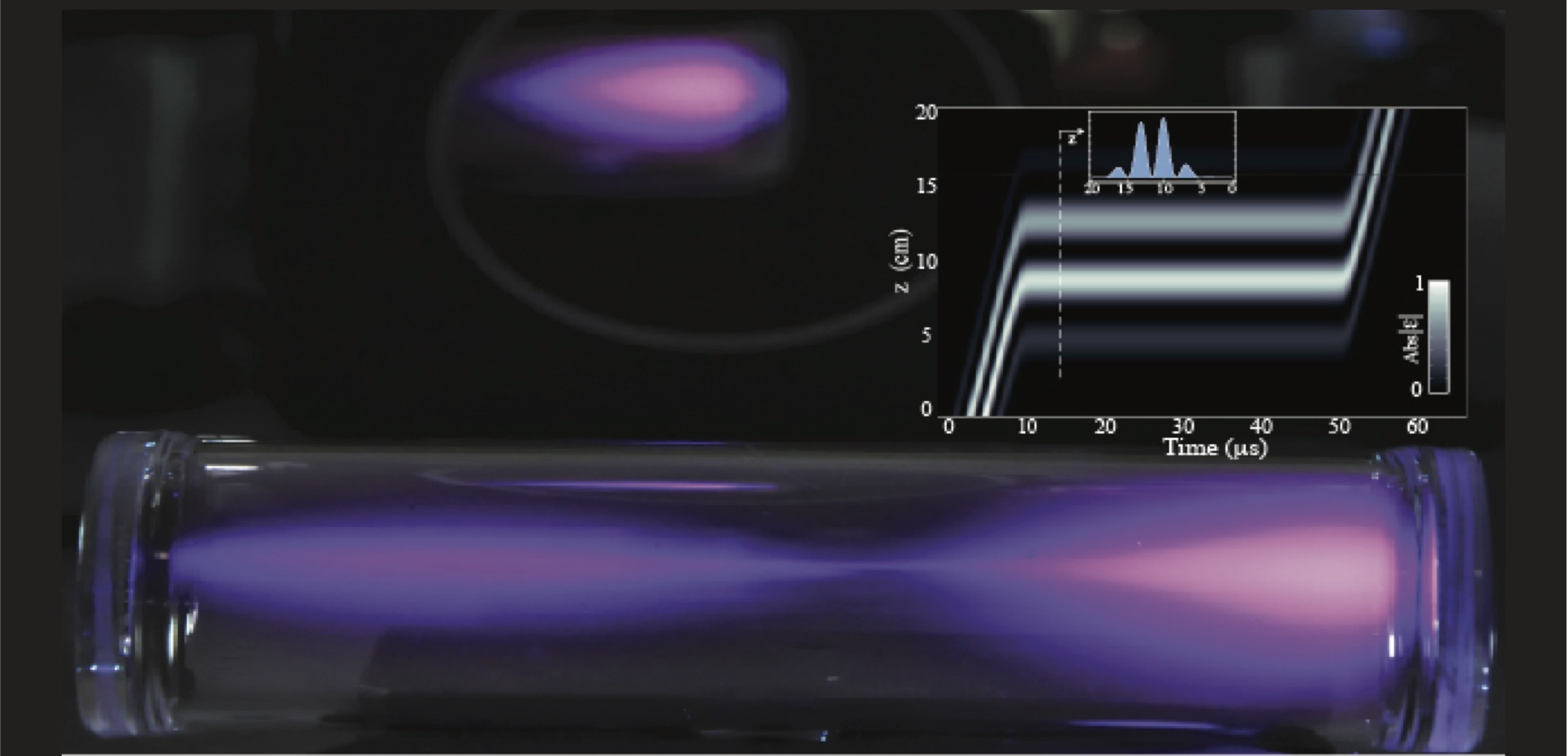Room-temperature quantum storage and photon generation
Room-temperature quantum storage and photon generation
Unlike conventional optical information systems, quantum optical data cannot be stored as a set of measurement results. A requirement of a quantum memory is that information should be stored without any measurement or disturbance. Another important criterion for a quantum memory is that the efficiency of the recall must exceed 50%. This is the crucial no-cloning limit for security of information guaranteeing that nobody can eavesdrop the transmitted information by secretly reading out the memory.
At the Australian National University (CQC2T- Lam Group), we have developed an efficient quantum memory for optical information that works by creating a frequency gradient of atomic absorption that can be coherently reversed to recall stored information. This kind of reversible absorption is called gradient echo memory (GEM). Based on this technique, we have demonstrated a memory with arbitrary access to stored optical information where a string of pulses can be stored and recalled on-demand in arbitrary order allowing re-sequencing of the stored information.
At Purdue, our group uses a room temperature atomic vapor cell to generate quantum correlated photons in multiple modes, which can be used for quantum imaging and multimode quantum storage.


